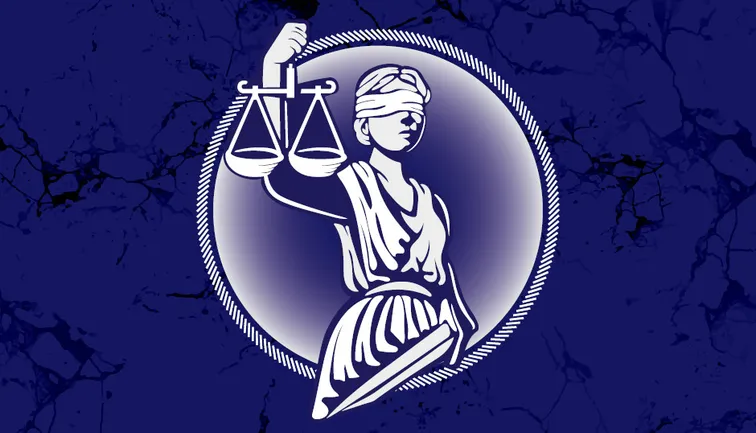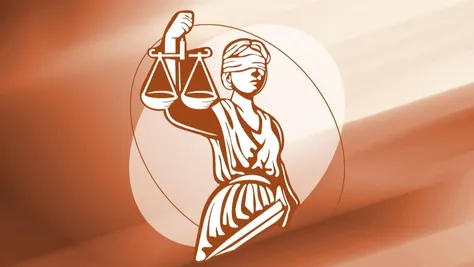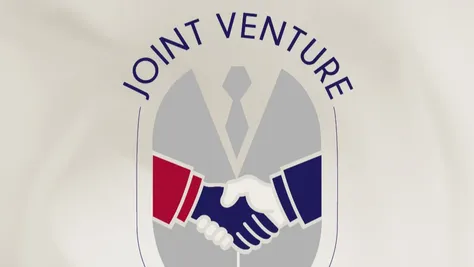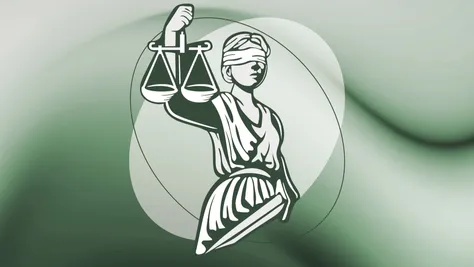Our October issue continues with another judgment (C 613/23 CJEU) examining the liability of members of a company’s executive body for its unpaid debts. Last month, we discussed the Supreme Court’s approach to the choice of forum when a foreign executive body member is sued.
This issue is a loose follow-up to a previous decision (27 Cdo 1993/2023), in which the tax administrator was allowed to hold an executive director acting as a company’s executive body personally liable for the company’s public debt. Specifically, the executive director was found liable for the company’s tax arrears. In such cases, the tax administrator may collect the underpayment directly from the executive director in compliance with the Tax Code, if the debt cannot be recovered from the company.
A question referred to the CJEU for a preliminary ruling was related to a dispute regarding the compatibility of Dutch law with the principle of proportionality and EU legislation in a related area. Under Dutch law, an executive body may be held liable (or jointly and severally liable) for a company‘s tax arrears if (1) the body complied with the obligation to notify the company‘s potential financial difficulties related to the tax arrears, but contributed to the company's adverse economic situation through its actions; or (2) the body failed to notify the company’s financial situation, while fault is no longer required (although the body may be released from liability).
The CJEU ruled that the regulation was compatible with EU law. However, the grounds for a release from liability should not be restricted solely to cases of force majeure. Rather, they should encompass other justifiable circumstances, such as reasonable reliance on the advice of an expert in the relevant field.
It should be noted that in the Czech environment, executive directors may be held liable for a company’s debts if foreseeable objective circumstances are accomplished, the main being a breach of the duty of due professional care in performing their office. Even within the scope of this duty of care (specifically in terms of expertise), members of the executive body are obligated to recognise when they need to seek expert assistance to properly carry out their office. Therefore, this ground for a release from liability need not be denied to members of the executive body in our circumstances.








